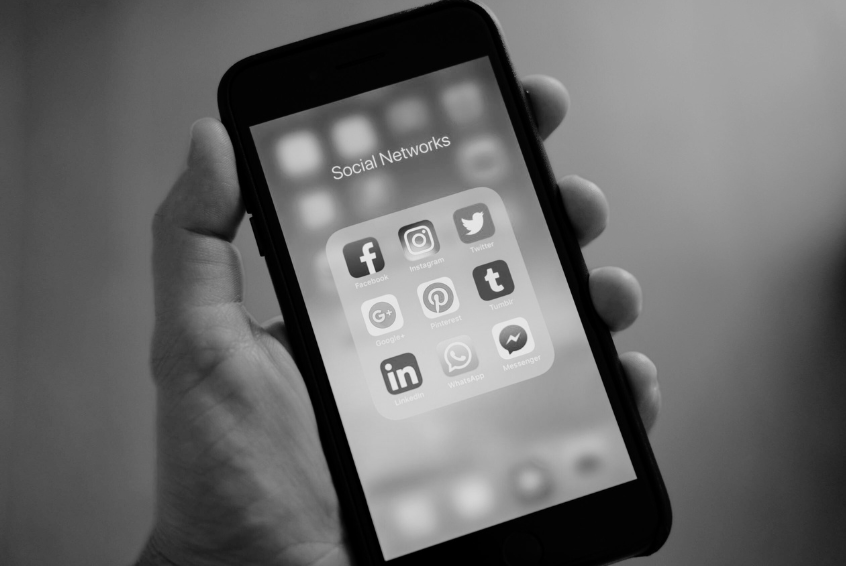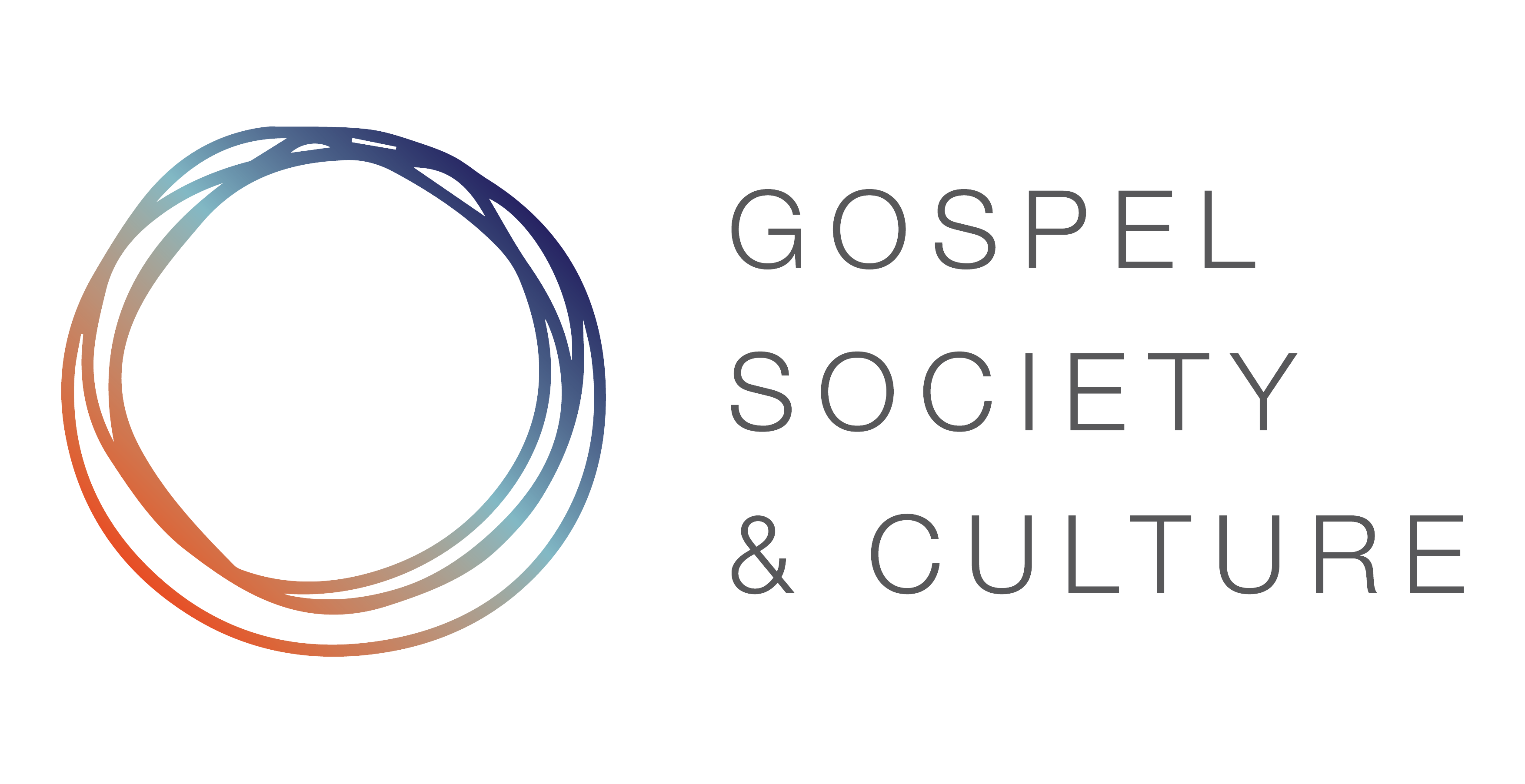
Photo by Tracy Le Blanc from Pexels
Social media promises so much. But, as it ‘matures’, many questions arise. NICK RABE* challenges Christians to reconsider whether we should participate on these platforms.
In 2018, philosopher and ethicist Dr. Mathew Liao wrote that we may soon have a moral duty to delete our Facebook accounts. At the time, Facebook had been accused of disrupting elections, disseminating propaganda and promoting hate, albeit indirectly. In a New York Times piece, Liao counselled that if Facebook willingly allowed these acts, it would have crossed a “moral red line”, creating an ethical obligation to leave the platform for the good of society. Otherwise, he found that remaining would leave us as data points in Facebook’s algorithmic experiments that help the platform to grow, while encouraging the ‘network effect’ that makes it harder for our friends to leave the product through our own continued presence. Ethically speaking, remaining on the platform would make us contributors to the harm it causes.
Four years on, Facebook’s catalogue of sins has expanded. The company is now known to have willingly perpetuated severe harm on the mental health of young women through its Instagram platform. It has deliberately stoked division and polarisation with its algorithms. It has even knowingly allowed the promotion of human trafficking, armed violence and organ selling to continue despite repeat warnings from its own staff. The “moral red line” hasn’t so much been crossed as obliterated.
Despite this, Christians remain on Facebook’s platforms in droves. We share our lives and faith through these tools, organising events, reaching out to those in need and engaging with other believers around the world. Many churches have found Facebook, Instagram and stablemate WhatsApp essential tools to deliver services and maintain community through COVID-induced lockdowns.
Whereas Jeremiah 29:7 tells us to seek the welfare of the city, the good of society, Hebrews 10:24 reminds Christians not to neglect meeting together or encouraging one another (even during a pandemic). So, can we justify our continued presence on Facebook because of the good it has provided our communities – despite the harmful effects it produces within society?
According to Christian ethicist Dr. Scott Rae, the first step we must take when making such moral decisions is to gather the facts. We know already that, in some instances, Facebook causes harm to society and individuals. Yet Facebook spokesperson Andy Stone counters in the New Yorker that: “We have absolutely no commercial incentive, no moral incentive… to do anything other than try to give the maximum number of people as much of a positive experience as possible.” From experience, many of us can say this is true.
But it is not always true, even in Christian communities. Many pastors report the damage that social media has wrought on their congregations. They say that it frequently reflects and promotes the opposite values to God’s kingdom, blessing the outraged and narcissistic rather than peacemakers and the meek. They say that it has eroded the authority of accountable, theologically-sound Christian voices, instead giving it to those who speak loudest. They even say that it has enabled an unedifying discourse between believers which would never occur face-to-face.
And all this before considering the hostile nature of the platform itself.
Polling from YouGov shows that religious people have come to be significantly more susceptible to conspiracy theories, and researchers have confirmed that Facebook’s algorithms specifically prey on those who identify as Christians with this material. This is even despite much of it violating its own hate speech and disinformation policies.
Facebook founder Mark Zuckerberg has also moved the product into the space of religion, styling it as a platform that can provide the same “sense of purpose and support” in people’s lives that churches offer. Yet former Facebook executives admit the software was deliberately designed to falsely provide this sense of validation in order to become addictive. In truth we can only be validated through Christ’s work of reconciliation (2 Corinthians 5:15-19).
To use Dr Liao’s way of thinking then, we have a duty to prevent this harm not just in our society, but in our Christian communities. But if so, then how are we to kick the habit, especially from a product that is addictive by design? One of the downsides of Dr. Liao’s ethical approach is that no one likes having a duty imposed on them. Duty based ethics are known to be poor motivators of action.
Rae suggests that an assessment of the moral virtues at play is the better approach.
Rather than telling us what to do, virtues encourage us to think about who we want to be. For the Christian, our virtues should be modelled on Christ, as 1 Corinthians 11:1 suggests. The fruits of the Spirit in Galatians 5:22-23 provide us with a good starting list of biblical virtues.
As believers, we aspire to be loving for instance – and while we can love others through the Facebook platforms, Jesus reminds us in Matthew 25:34-40 that we must be particularly conscious to love “the least of these”, those who are vulnerable. Paul urges us in Romans “not to put any stumbling block … in the way of a brother or sister”. So, we must ask: Is it loving as individuals and as churches to encourage the vulnerable in our communities on to a platform that preys on them, seeking to addict and supplant Christ’s church? Or can we love these people as well or better in other ways, through phone, messages and even in person? If we ceased using Facebook, might we have more time to do so?
Or, to consider another range of virtues, does Facebook help or hinder us as we aspire to Christ-like peace, forbearance and kindness? We now know that the platform is programmed to stoke division, and, as users, many of us have experienced the sharp feeling to respond in kind that an inflammatory comment from a provocative friend or troll can spark. As Newcastle pastor Chris Thomas advises: “If you want to find examples of kindness, patient endurance or gentle correction, may I suggest you go looking elsewhere?” In this way, Facebook has more in common with the “foolish, ignorant controversies” that 2 Timothy 2:23 warns that we should avoid.
In any moral dilemma, at some point, a decision must be made. And while Christians should consider taking heed of Dr. Liao’s ethical imperative to delete our Facebook accounts for the sake of society and our own church communities, we know that no one likes the idea of another duty imposed on our lives. So, as we each aspire to live more like Christ, we can instead ask ourselves whether our use of Facebook as individuals and collectively is helping us on the journey … and then pray that God will help us break the addiction.
*Nick Rabe is an elder in the Presbyterian Church of Tasmania and a ministry candidate studying at Christ College. In a previous life he spent 15 years working as an advertising creative and sales executive with Channel Seven and the Hit and Triple M radio networks. He is married to Kiri and together they wrangle three primary school age boys.
